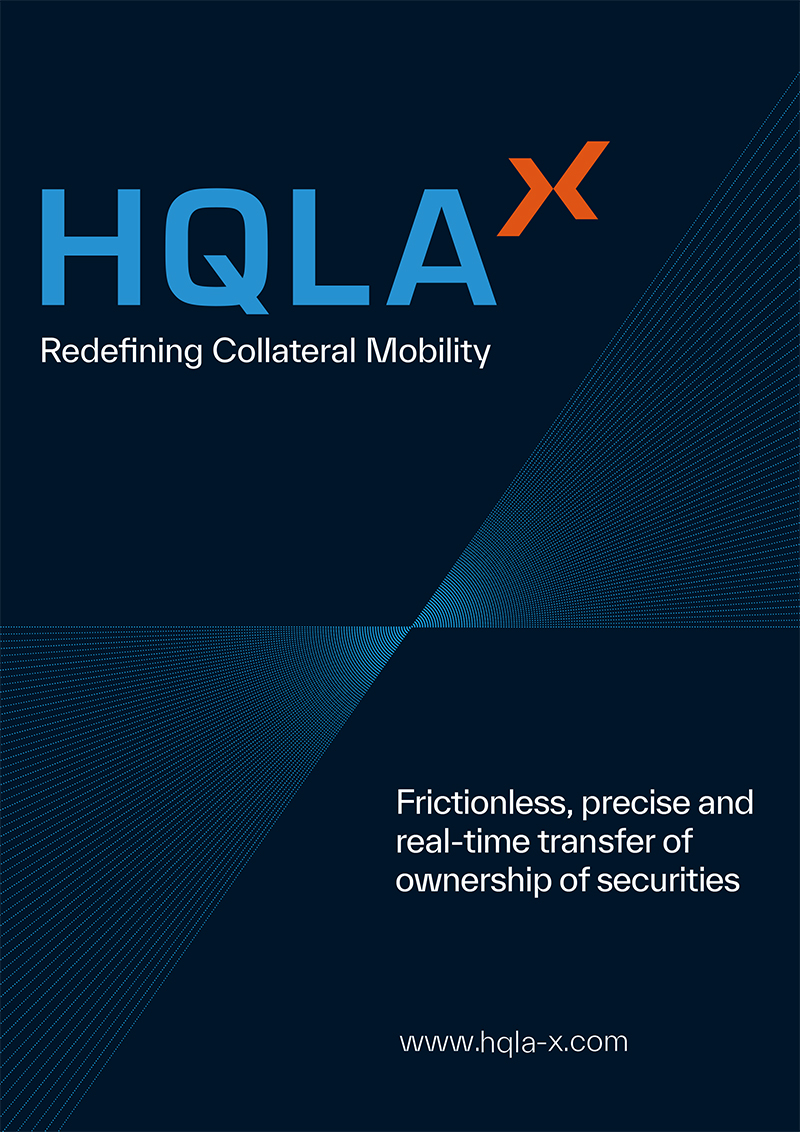The Danish State Prosecutor for Serious Economic and International Crime has charged two British nationals with using a cum-ex tax fraud scheme to pocket more than $1.4 billion in dividend tax refunds due to the Danish Treasury.
Dividend arbitrage, commonly known as cum-ex transactions, requires securities to be borrowed over the dividend date and then returned in a trade structure requiring three participants that enables a tax refund to be claimed by two entities on the same asset.
The practice is understood to have been widespread across Europe over a decade ago before laws were tightened but not before tax authorities in Germany, Denmark and elsewhere were deprived of an estimated tens of billions of euro in revenue.
The Danish state prosecutor describes the affair as one of the largest fraud cases in the country’s history.
Of the two men charged last week, one is a British national who is resident in Dubai, and one is a British national still in the UK.
The maximum penalty is usually imprisonment for eight years. But, due to the severity of the case, the size of the amount, the length of the period in which the crimes were committed, and the organised nature of the fraud, the state prosecutor is seeking to apply a special section of the criminal code under which the maximum penalty may be increased to 12 years in particularly serious cases.
The state prosecutor believes that – on behalf of a number of investors and companies – the two men used a “well-designed and organised fraud scheme” to submit more than 3,000 applications to unlawfully receive dividend tax refunds from the Danish treasury.
They are suspected of fraud of a particularly aggravated nature in contravention of section 279, read with section 286(2), of the Danish Criminal Code, for just shy of $1.5 billion and attempted fraud of a particularly aggravated nature for $90 million.
Per Fiig, who is acting state prosecutor at the office of the state prosecutor for Serious Economic and International Crime, believes that this involves a setup of 24 Malaysian companies and 224 US pension plans.
In addition, more than 70 companies incorporated in places like the British Virgin Islands, Cayman Islands, the United Arab Emirates and the UK participated in the transactions.
The investigation against other suspects in several other tracks of the dividend reclaim case continues.
"In one of the tracks, we have now raised formal charges against the two British nationals for fraud worth more than $1.4 billion. In this track, there are still a number of other suspects. We still need to complete a few interviews and investigative measures, and we expect to decide whether we will be raising formal charges against the other persons within a few months," says Fiig.
"In addition, we have several other tracks in which we are investigating a number of different networks of people for the remaining part of the fraud totalling more than $1.9 billion,” he adds. “It will take a while longer before our investigations show whether there are grounds for raising formal charges."
Due to the size and complexity of the reclaim case, the investigation has been an international collaboration under the European Union Agency for Criminal Justice Cooperation since 2016 including Denmark, the UK, Germany and Belgium; with Denmark heading the team.
Moreover, Europol has been involved, and the US authorities participated as observers.The dividend reclaim case involves fraud worth a total of $2 billion.
Based on the entire investigation in the reclaim case, the state prosecutor's office has seized assets worth around $488 million from various persons and companies in a number of different investigation tracks – including the track in which formal charges have now been raised.
Other suspects remain in the investigation against the current two defendants, the state prosecutor says it is examining a wide range of complicated international company constructions and cash flows which were analysed in relation to the unlawful applications for dividend tax refunds.
Fiig says: "It is our experience from major fraud and money laundering cases that the proceeds originating from crime are often paid out to organised criminal networks which distribute the money globally through clever systems.
“This generally means that it is very difficult or almost impossible to get to the money again and, as a rule, all seized assets must be shared with the country which carried out the actual seizure,” he says. “We are obviously still working to get our hands on all assets we can get to so that we can return as much of this money as at all possible to the treasury where it belongs. And we will continue the hunt even though we have now raised formal charges in one of the main tracks of the case."
The case is expected to be heard before the Court of Glostrup but has not yet been set down for trial.

.jpg)


